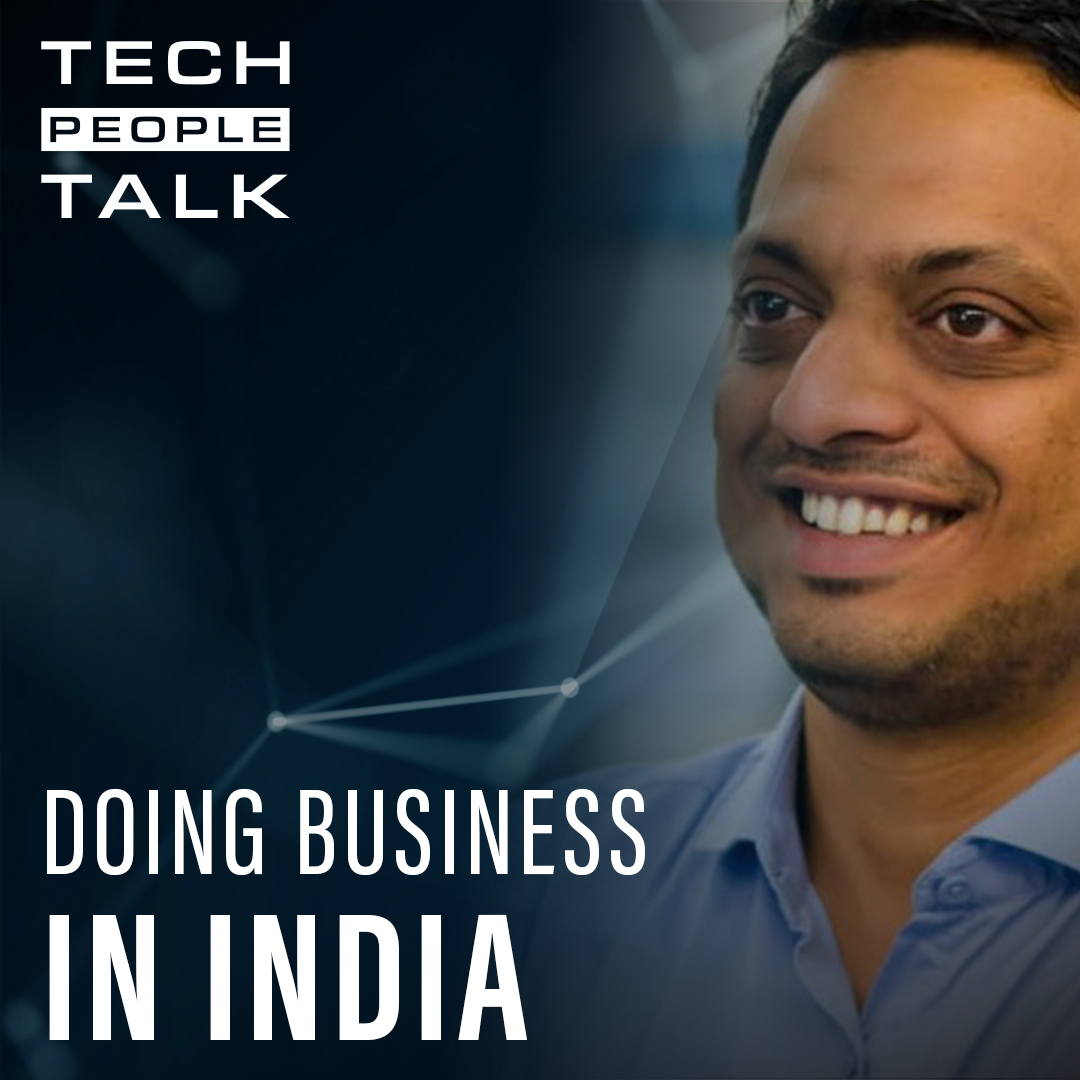02:42 – Is it ever normal for you to feel the weight of achievement as a renowned industry leader?
- In my opinion, if the feeling was not present, it would not feel normal. Yanesh remarked.
- What would I do if it vanished? Himanshu stated. He continued, “It’s like the devil’s mistress; you need her, but not so close, and you don’t want her to leave.”
06:40 – Cultural differences are significant, and as someone who is from India and has done business all over the world, how did you manage to get the cultural differences right?
- To be honest, there are cultural differences, but I try to concentrate on the commonalities.
- There will be cultural distinctions in any country, whether it is from Germany, the United States, Japan, or somewhere else, but I feel there are fewer differences than commonalities.
- If you look closely at most cultures, you’ll be amazed at how similar we are, therefore I prefer to focus on what we have in common rather than what we don’t.
- What I’ve discovered is that you can better recognize people based on their personality types. This method provides you with a sense of familiarity and relatability with that person.
09:27 – Following are some of my observations from my travels across the world.
- When I initially started dealing with South Africans, I quickly realized that they are very straightforward.
- There is no gray border between black and white; there is only black and white. I find this to be true for Americans and Germans, however when it comes to Indians, I can see from a cultural standpoint that we don’t enjoy saying no to anyone or anything.
- We constantly want to say yes, and maybe we should give it a shot. There are few people who would declare unequivocally yes or no. That is why the Indian nod is so well-known.
10:57 – What advice would you give a German on doing business in India?
- Anyone who wishes to do business in India must first comprehend the Indian mindset. It is critical that they ensure that what they are communicating is understood.
- When you ask a question in Germany, you would get a definitive response, however in India, you may get possibilities for solutions.
- I have always stressed that when Germans want to conduct business with Indians, they must moderate their expectations and avoid making assumptions, as we all know what happens when you do.
- The contrary is true; when Indians do business in Germany, they must recognize that Germans are not used to the flare and flamboyance that is part of our culture in India and South Africa.
- Our culture is full of diversity and emotions, and when you utilize that style of communication with Germans, they often don’t know how to react since they haven’t been exposed to this type of interchange.
- I would encourage Indians who are moving to Germany to tone it down a notch and keep it more practical and reasonable. It is critical that you speak less, communicate properly, and do not become unnecessarily enthusiastic.
16:49 – Considering the population of emerging countries, can technology alone unlock the potential of the bottom half of the pyramid?
- Yes, I believe it can 100 percent, and India is an example of this, since it has become the world’s tech hub. The majority of large corporations have a research and design center in India.
- There is a strong educational culture in India, and this has resulted in a large pool of highly competent and educated workers who offer software to the rest of the world.
- We have also noticed that a new culture of start-ups is emerging in India, with the drive to show the world something new and unique.
- Our economy is pretty steady and developing, and as horrible as the Covid-19 pandemic is, it has made the world embrace technology.
21:31 – How would you contrast the culture specifically towards education?
- In South Africa, the value of education has declined; people typically do not recognize the worth of education as they did in past years, which is due in part to the high unemployment rate.
- I believe that the majority of South African youth have lost hope because even skilled people are facing an unemployment crisis.
- It is critical to comprehend the economic cycle. We need education to get decent employment, and while you’re earning your degree, you need to know that you’ll get a job.
- You must start somewhere, and education may be the easiest place to start.
25:16 – Is it concerning to business owners that many skilled South Africans are transferring to first-world countries?
- It’s alarming since the number of people departing is enormous, and those who do leave are clearly highly talented and educated.
- They are the ones who have made the economy more valuable. People who leave represent the number of people who desire to leave, as we’ve seen.
- It’s a pity for those who don’t have the option of leaving.
- We face the risk of losing critical personnel as a result of the crisis.
57:23 – What do you want your legacy to be?
- I honestly believe that I am too little to consider leaving a legacy, and that other people should talk about your legacy rather than you stating what you want your legacy to be.
